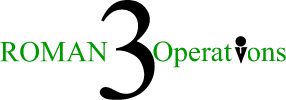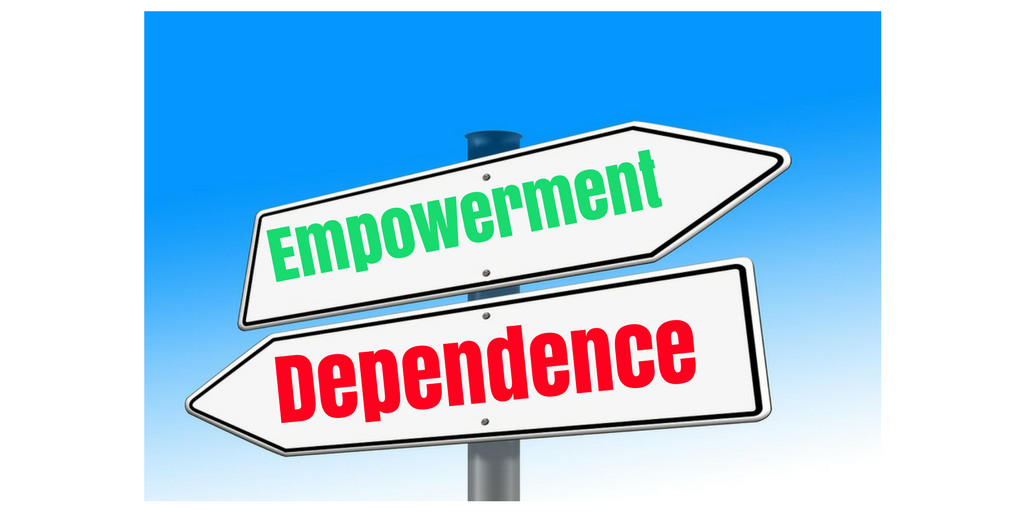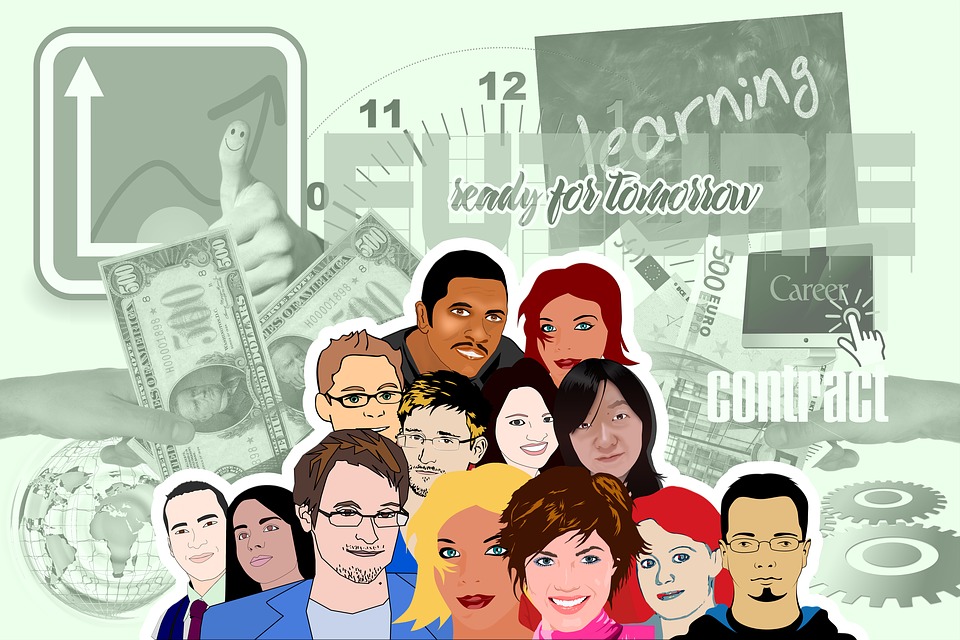Are Your Efforts Creating Empowerment or Dependence?
So you are looking to better a situation
There are many, many people out there who commit either their free time or career or both to helping others. These are the altruistic people who are determined to make whatever situation they are passionate about better for all involved. I have seen these people throughout my career, from my days working with children with disabilities, to my work in the non-profit sector, to my more recent role in economic development. In fact, I am someone who is passionate about helping others and improving the lives of everyone in the communities where I live and serve. Often one of the side effects of those who work in roles to make positive change and help others is professional burn out. People who are committed to improving the lives of others often do it at the expense of their own. It’s a kind of the double-edged sword of altruism. The sad reality is, there is always more need than time, resources, and people to provide it. This is often the case because we look to do things for people in the short term to support them, causing the habit of continuing to do things for them, creating a dependence from them, and a never ending need to help them. This is where dependence starts to stack up and become never ending. And thus professional burn out.
Teaching people to fish
It makes sense that when we want to help people, we do things for them. It is a direct line of cause and effect. Someone is in need of help, so we do something for him or her that will help, simple. The problem becomes when we are always doing things for people, and not with people. This takes me back to early in my career when I was working with children with disabilities. I worked with a lot of well meaning people who would do things like typing up notes for students with weak fine motor skills, which seems like the nice and helpful thing to do. The student has trouble typing, so you type for them…simple. The problem with helping them in this fashion is that you are creating dependence. The proper thing, though it appears less nice, is to give the students a portion that they are responsible to do, and you take a portion that you are responsible for. Then over time you adjust the potion to give them more and more, and hopefully one day all. This is about creating independence. In a similar path, in community and in economic development when there are people, businesses, and organizations that require support and assistance the nice and helpful thing to do to take their problems and do the work that they require to be successful. Although, the proper thing, though it appears less nice, is to build resources that will give those in need the tools and supplies needed to support themselves. All of this is really just the practical application of the old adage: Give a man a fish, and you feed him for a day. Teach a man to fish, and you feed him for a lifetime.
If you take all of these words of wisdom, approaches, and advice and you boil everything down to its basic core, what you are talking about is empowerment. This is a term I use on a daily basis and have for many years. From education, to career and workforce development, to community and economic development, everything is about truly empowering others. If you create the interventions and resources that people need to lift them up in their time of need, give and teach them to use the tools and supports that will improve their situation, share the workload with them so they are gradually taking on more responsibility, then you will watch them be successful on their own. Its nothing fancy or complicated.
Empowerment is universal, but so is dependence
There are really very few situations where empowerment is not an ideal method to support others. It is the foundation of good education, human resources, community work, economic growth and healthcare, just to name a few. However, we sometimes get caught up in the short-term solution and look to create temporary solutions that end up creating dependence. We see this all of the time when we unintentionally sacrifice what is right for what is easy. This can look as simple and common as not properly training our pets to greet people at the door when they are young and then we need to isolate them or pick them up when we have company arrive. This can also be as large and complicated as when a community becomes dependent on a single industry or large business. If the majority of their employment opportunities are tied to a single employer, without diversifying, the community ends up in a critical situation if that employer were to shut its doors. Large or small, inconsequential or critical, it doesn’t matter, creating dependence is nothing short of setting yourself up to fail.
The Key to Empowerment: Sustainability
What you are doing when you look at empowering others is you are playing the long game to a sustainable solution. Your efforts are geared toward not only the short term need, but the long term benefit of your efforts being an intervention, not creating a permanent and ongoing job or role that will always need to be filled. This is why in my career I have always defaulted to the majority of my efforts being in resource development. Spend the time, effort, and money to create something that will be able to wean someone’s dependence off you, and that can be used over and over by others who require the same support. This is why in my student support role I would create guides and games to strengthen things like typing skills in my students. In career development, I would design progressive experiential learning processes to strengthen skill in communication and independent job search. In economic development, I would focus on processes and information that would support the independence of entrepreneurs. Creating sustainable interventions is critical to building up and empowering those you serve.
The Takeaway
One of the hardest things to do is to not come to someone’s aid when they need you. It appears cold and callous to then help them with a plan to limit your help over time and to give them tools that they need to do it for themselves. However, messaging and methods of delivery aside, it is critical to look at help and support from a long term, sustainable approach. Just like in parenting, we need to do what is right, not what is easy and be focused on what is the best thing for the future. Doing this will truly help by providing support and encouragement while they become empowered to do more and more things for themselves. Otherwise we will metaphorically and literally have them living in our basement until they are old and grey.
Roman 3 is an advising and solutions firm that specializes in inspiring progressive action, creating a culture of innovation, and assisting organizations in implementing transformative change. We help you build capacity, collaborate, be progressive, and grow to your full potential. For more information on our services and support check us out at www.roman3.ca



